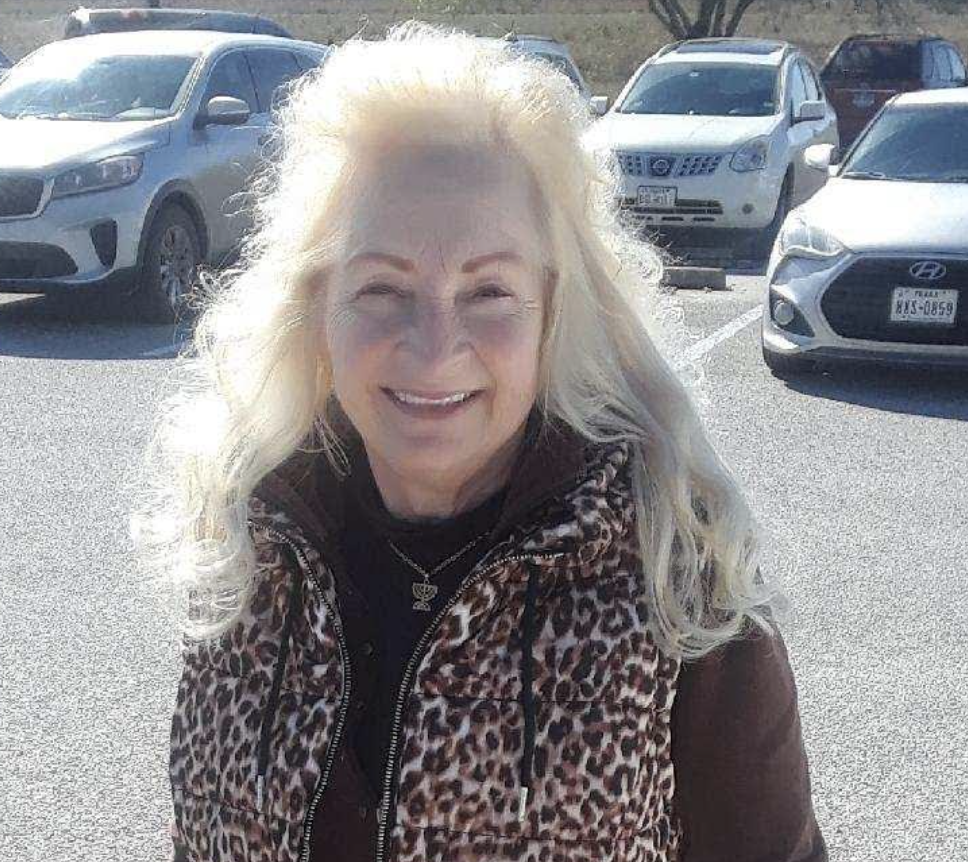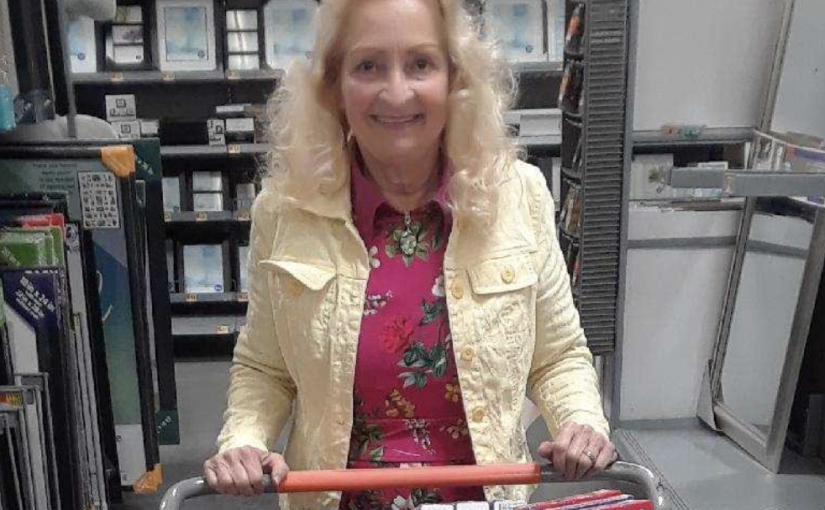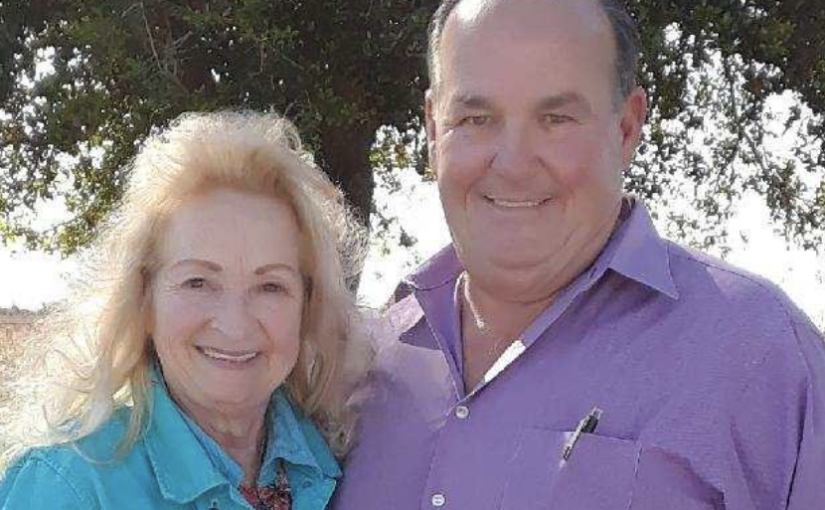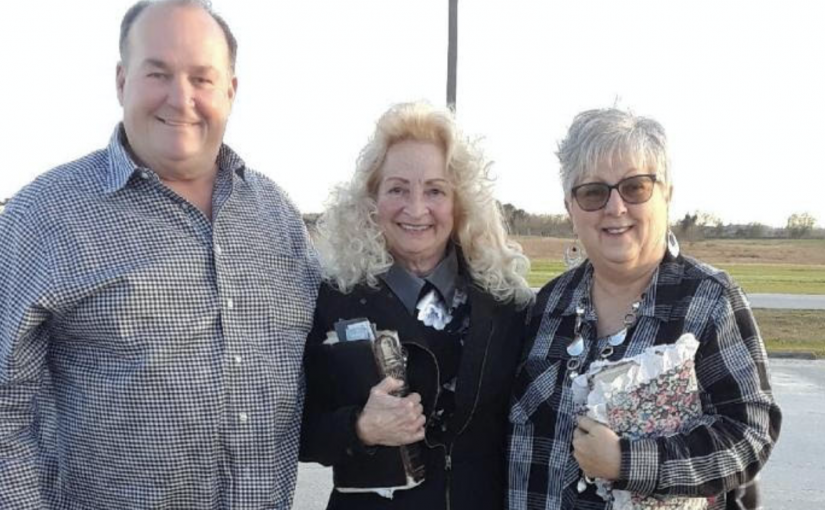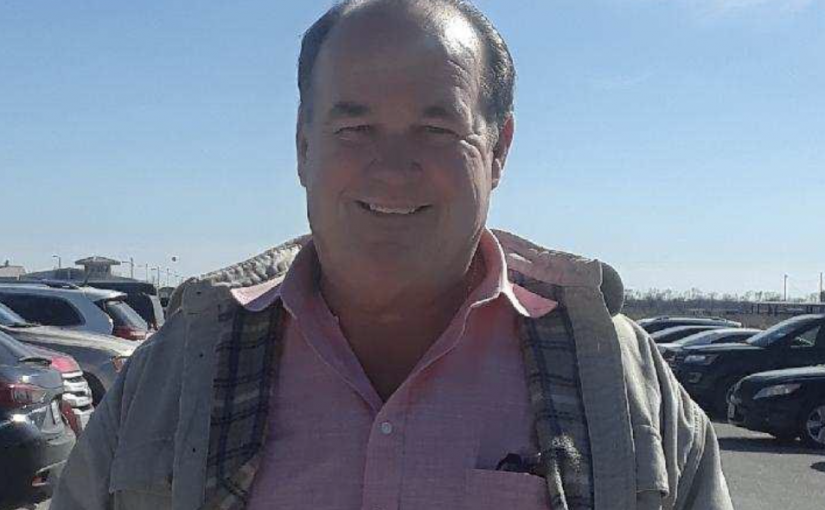Shopping for hygiene 02-27-2020 for ladies at Plane State Prison. A big Thank You to everyone that Prays and helps make this possible. Ladies will be REJOICING. We are grateful that God has continued to provide and make possible this much needed Ministry. To God be all the Glory
Category: news
Plane State Prison 02-28-2020
Volunteer Chaplaincy at Volunteer Chaplaincy at Plane State Prison 02-28-2020 spent 5 1/2 hours counseling and praying with 45 ladies also went to K-Dorm gave out Bibles and books. We just want to Thank God for the seed that is being planted in these ladies. ( Romans 10:8) It is called ” the Word of faith.” ( Hebrews 11:3) Through faith we understand that the worlds were framed by the word of God, so that things which are seen were not made of things which do appear. To God be all The Glory !!! spent 5 1/2 hours counseling and praying with 45 ladies also went to K-Dorm gave out Bibles and books. We just want to Thank God for the seed that is being planted in these ladies. ( Romans 10:8) It is called ” the Word of faith.” ( Hebrews 11:3) Through faith we understand that the worlds were framed by the word of God, so that things which are seen were not made of things which do appear. To God be all The Glory !!!
D. Henley Prison, Great Praise and Worship
Sharing some Good News with 62 ladies at D. Henley Prison, Great Praise and Worship and Great Service. Two ladies filled with Baptism of Holy Ghost at Alter call. Prayed over many ladies for deliverance and healing. (1 Corinthians 2:4) ” My speech and my preaching was not with enticing words of man’s wisdom, but in demonstration of the Spirit and of power.” Also heard praise report of healing that took place in our last service. To God be all the Glory !!!
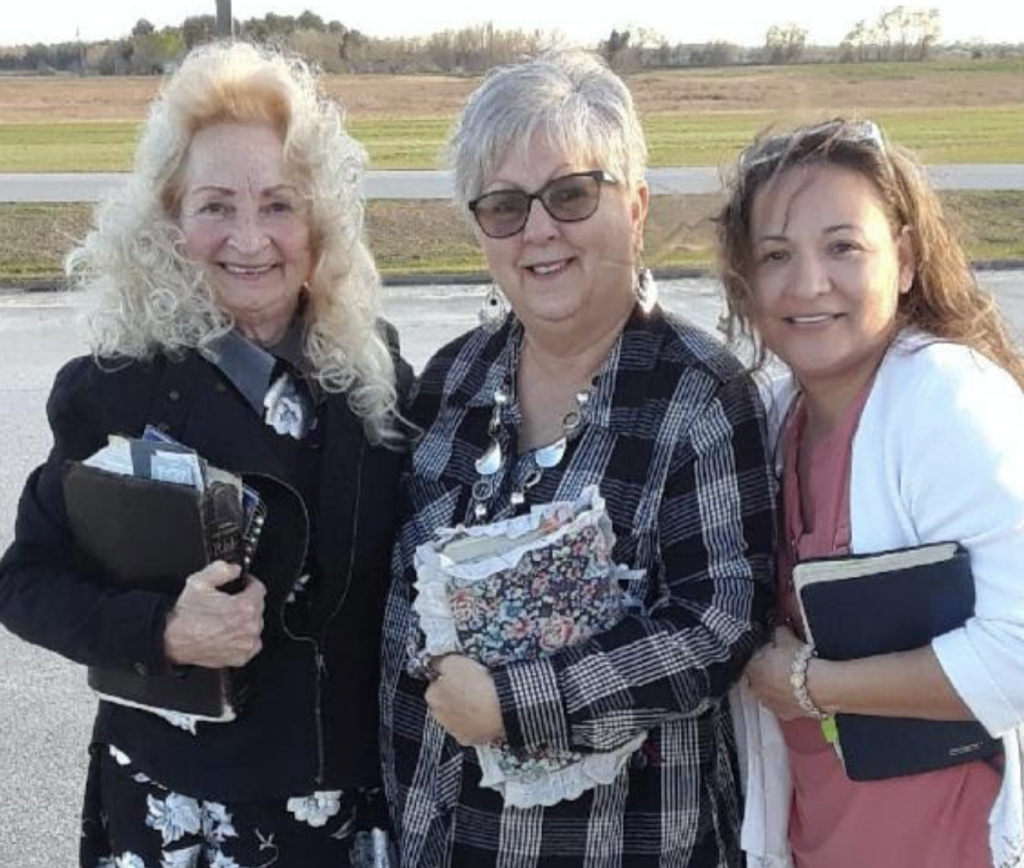
Plane State Prison 02-21-2020
Volunteer Chaplaincy at Plane State Prison 02-21-2020 spent 5 1/2 hours counseling and praying with 50 ladies also went to K-Dorm gave out Bibles and books. Many ladies repenting today asking for healing, deliverance and restoration with family members. ( Luke 9:11 ) And the people, when they knew it, followed him: and he received them and spake unto them of the Kingdom of God, and healed them that had need of healing. To God be all the Glory !!!
